Assistant Director II (2020)
Section A
Multiple Choice Questions
1. The aim of Ghana's system of education is …
2. The Ministry of Education of Ghana, which is a multi-portfolio government ministry, was established in …
3. Which of the following is/are the objective(s) of the 1987 Education Reform?
I. Increase access to basic education.
II. Shorten the pre-university education structure from 17 years to 12 years.
III. Make education cost-effective.
IV. Improve the quality of education by making it more relevant to socio-economic conditions.
4. How many functional divisions does the Ghana Education Service have at the Headquarters?
5. The performance of a student can be evaluated in the best possible manner through...
6. Which of the following is not a body under the Ministry of Education which implements its policies and programmes related to education?
7. Testing in education is only possible by using ...
8. How many units has the Technical and Vocational Education Division (TVED) of the Ghana Education Service (GES) Headquarters?
9. Which of the following is/are not the objective(s) of the Free Compulsory Universal Basic Education (FCUBE)?
I. Improving the quality of learning and teaching.
II. Improving access to basic education facilities.
III. Encouraging private sector participation in the provision of education facilities.
IV. Improving management efficiency.
10. Which one of the following Acts established the Ghana Education Service in 1995?
11. Which of the following is/are not the way(s) through which education policies are formulated?
I. Imposition by elites.
II. Political discussions.
III. Stakeholder consultations.
12. How many divisions are under the jurisdiction of the Deputy DirectorGeneral (Quality and Access) of the Ghana Education Service?
13. Curriculum provides guidance for...
14. Psychological foundation plays its role in the development of curriculum, keeping in view of the...
15. An outline of the topics of a subject to be covered in a specific time is called a...
16. All of the following statements regarding a teacher are correct except that the teacher...
17. The type of education acquired without any specific purpose, fixed period and place is called ...
18. Why are co-curricular activities used in teaching?
19. Which of the following sentences is/are correct about the nature of teaching?
I. It is remedial.
II. It is diagnostic.
III. It is both remedial and diagnostic.
20. The procedure used to determine a learner's abilities is referred to as ...
21. What are the three components of the educational process?
22. Teaching through the deductive method is done from the ...
23. A/an ……………. assessment is one which measures what it is intended to measure.
24. The use of technology to enhance the learning process is called in education...
25. The purpose of evaluation in education is to...
26. According to John Dewey, the teacher should guide students in acquiring knowledge in the learning process as a ...
27. The primary aim of educational psychology is to...
28. The word "Pedagogy" means to....
29. A scoring guide used to evaluate the quality of students is called ...
30. Teachers should present information to the students clearly and in interesting ways, and relate new information to the things students...
31. The field of study which is concerned with the construction of thought processes, including remembering, problem solving, and decision-making is called...
32. The process of obtaining numerical value for a-characteristic is known as...
33. In teaching, the discussion method can be used when...
34. Which of the following is/are the main aim(s) of teaching?
35. The quality of teaching is reflected by the...
36. A formal and systematic procedure of getting information is called....
37. Which of the following is not considered a key behaviour essential for effective teaching?
38. An effective teacher is expected to...
39. An evaluation that monitors learning progress is referred to as ... evaluation.
40. The main purpose of supervising teaching is to...
41. Mrs. Yamoah teaches Junior High School 3. When her students enter her classroom each day, they walk to their assigned desks and take their seats. Immediately, they take out their notebooks to write down and answer the question that is on the board that reviews the previous day’s lesson. While the students are quietly working, Mrs. Yamoah takes attendance. Once everyone has answered the question, Mrs. Yamoah reviews it with her class before moving on to the day’s lesson.
Which of the following terms accurately describes the situation above?
42. Which of the following is not one of the core domains of the National Teachers' Standards?
43. Which of the following is not a tool for formative assessment in scholastic domain?
44. What was Ghana's score on the Corruption Perception Index (CPI) released by Transparency International in 2018?
45. Which one of the following political ideologies is Plato credited with?
46. The first important step in teaching is ...
47. A newly posted teacher who is maltreated in his/her class by students should deal with them by...
48. The main purpose of classroom assessment is to..
49. Where is the International Court of Justice situated?
50. The term used for monitoring outcomes with reference to objectives is...
Section B
True/False
51. The Ministry of Education formulates and implements approved national policies and programmes on education in Ghana.
52. Teacher Education Division (TED) is one of the divisions at the Ghana Education Service Headquarters.
53. In any school situation, performance tasks are hands-on activities that require students to demonstrate their ability to perform certain actions.
54. Teachers who are respected and liked are associated with greater student satisfaction and higher achievement.
55. A teacher cannot exhibit referent power from the first day of class by giving students a sense of belonging and acceptance.
56. Classrooms are said to have norms when only few of the students agree on what is and/or what is not socially acceptable classroom behaviour.
57. Social psychologists believe that the process of group formation begins when its members agree to go against the norms of the group.
58. Licensure and exit tests are the best predictors of classroom performance of teachers.
59. If a teacher teaches with a high degree of clarity, he/she will spend less time going over material.
60. Student performance is higher in classes where the teacher devotes large amounts of time to the process and materials needed rather than teaching content.
61. What a teacher does not say is every bit as important as what a teacher does say.
62. Competitive activities have little value in establishing or maintaining an effective classroom climate and should thus be avoided.
63. Students feel important and are encouraged to participate in class when a teacher uses their ideas in moving a class lesson or activity forward.
64. Bid-rigging may result in the supply of inferior textbooks and supplies.
65. In assessing learning, it is not important to know the purpose of assessment before selecting an assessment approach.
66. Types of corruption in elementary-secondary education range from academic cheating to bribery and nepotism in teaching appointments, to bid-rigging in the procurement of textbooks and supplies.
67. When families are made to pay bribes for services, this puts poor students at a disadvantage and thus reduces equal access to education.
68. Giving teachers the authority and responsibility to apply their own professional knowledge to making decisions in their area of responsibility is an important aspect of collegiality.
69. Establishing rules and procedures is one of the least important classroom management tasks.
70. The performing stage begins when students want to show they can do some things independently of the teacher.
71. Written assessments are activities in which the student selects or composes a response to a prompt.
72. The teacher cannot alter the classroom climate but should work for student success regardless of the climate.
73. In Ghana, the National Teachers' Standards set out the maximum levels of practice that all trained teachers must reach by the end of their pre-service teacher education course in order to play such a critical role.
74. The skills that must be demonstrated in performance tasks cannot vary considerably.
75. In a school, teachers have many different types of assessment available to them.


.png)


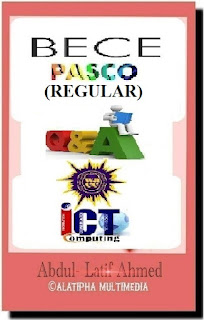




















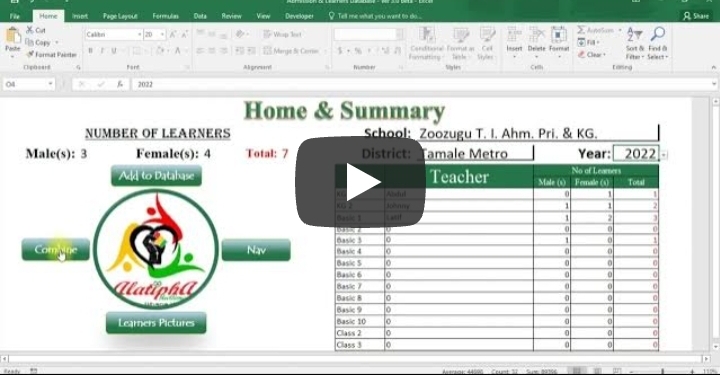
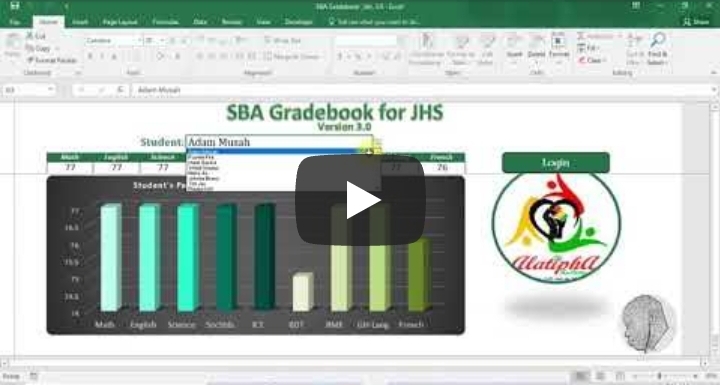
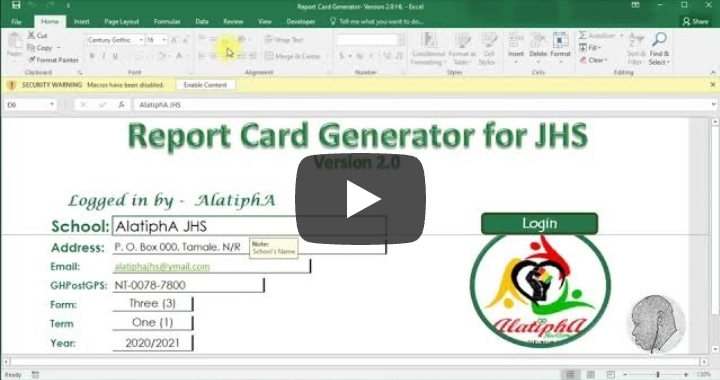
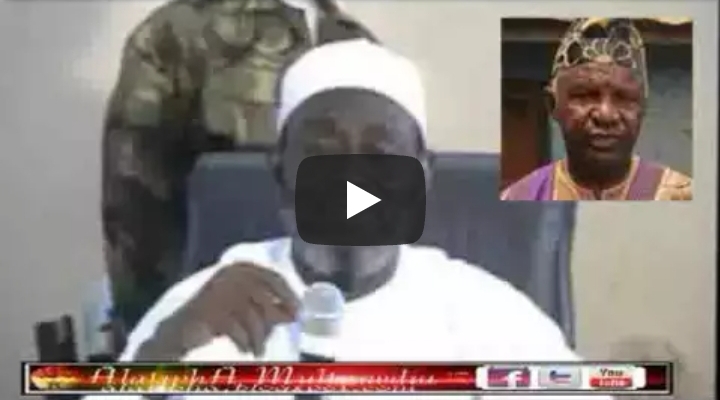

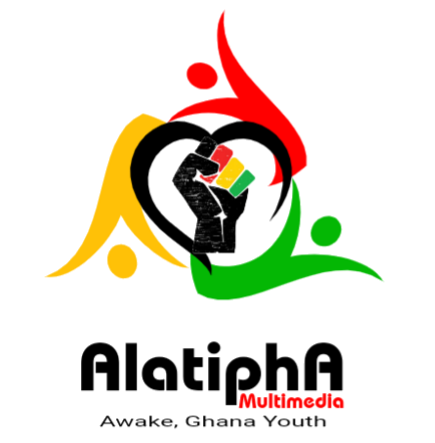
Comments
Post a Comment